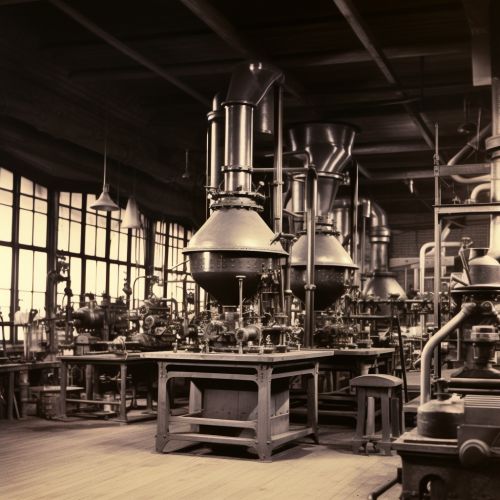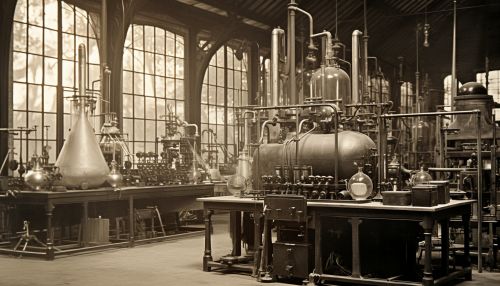Victor Goldschmidt
Early Life and Education
Victor Moritz Goldschmidt was born on January 27, 1888, in Zurich, Switzerland. His father, Heinrich Jacob Goldschmidt, was a renowned chemist and his mother, Amelie Koehne, was a music teacher. Goldschmidt spent his early years in Switzerland before moving to Kristiania (now Oslo), Norway, in 1901 after his father was appointed as a professor at the University of Oslo.
Goldschmidt showed an early interest in mineralogy and geology, and he pursued these interests at the University of Oslo. He completed his doctorate in 1911, with a thesis on the geochemistry of the element scandium.


Career and Contributions
In 1914, Goldschmidt was appointed as the director of the Mineralogical Institute at the University of Kristiania. He held this position until 1942, during which time he made significant contributions to the field of geochemistry. He is often referred to as the "father of modern geochemistry" due to his pioneering work in this field.
One of Goldschmidt's most significant contributions was the development of the Goldschmidt Classification of elements. This classification system, based on the abundance and distribution of chemical elements in the Earth's crust, is still widely used in geochemistry today.
Goldschmidt also made significant contributions to the understanding of crystallography, petrology, and metallurgy. His work on the geochemistry of rare earth elements has been particularly influential in these fields.
Later Life and Legacy
Goldschmidt left Norway in 1942 due to the Nazi occupation during World War II. He moved to England, where he continued his research at the University of Oxford until his death in 1947.
Goldschmidt's contributions to geochemistry have had a lasting impact on the field. His classification of elements continues to be a fundamental tool in geochemical research, and his work on the geochemistry of rare earth elements has paved the way for numerous advances in mineralogy, petrology, and metallurgy.
